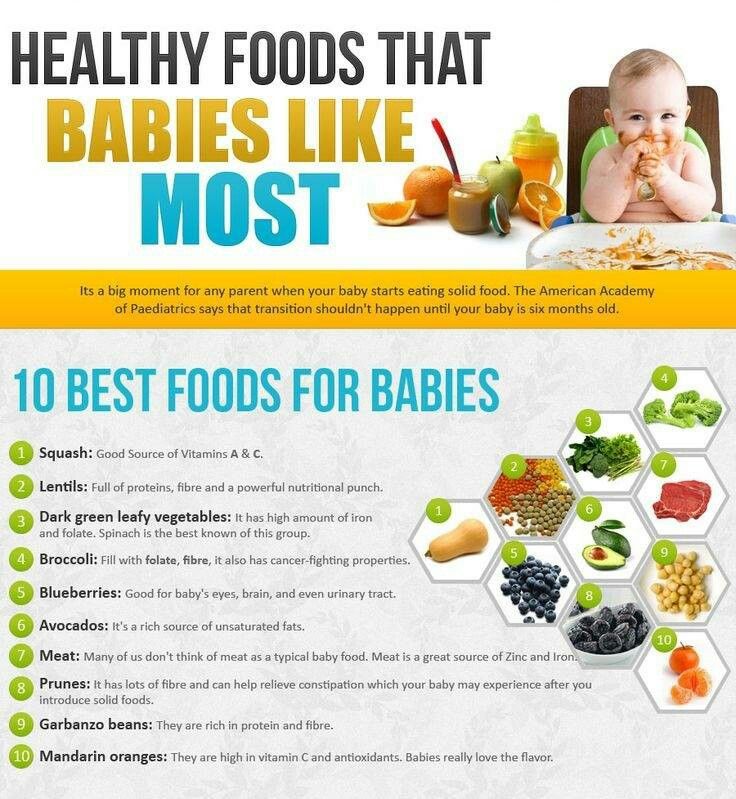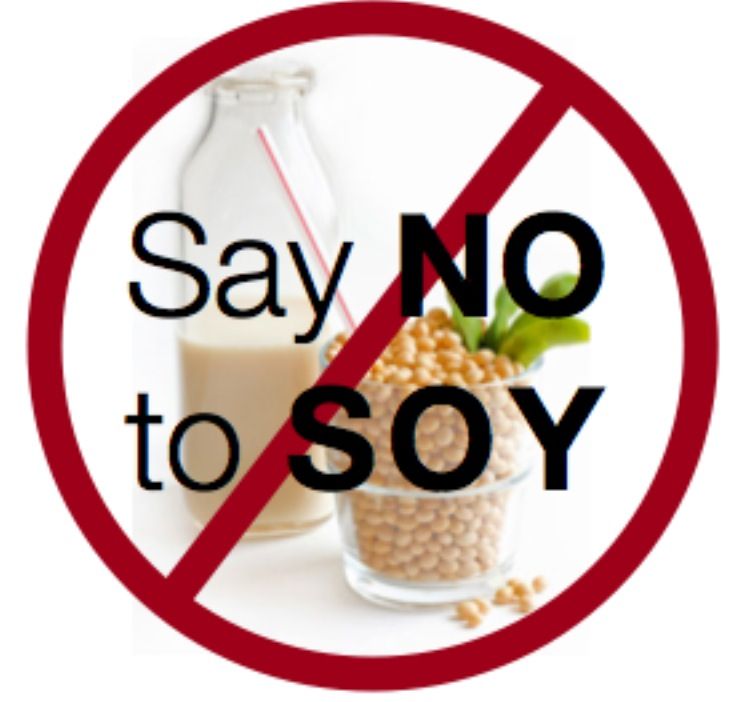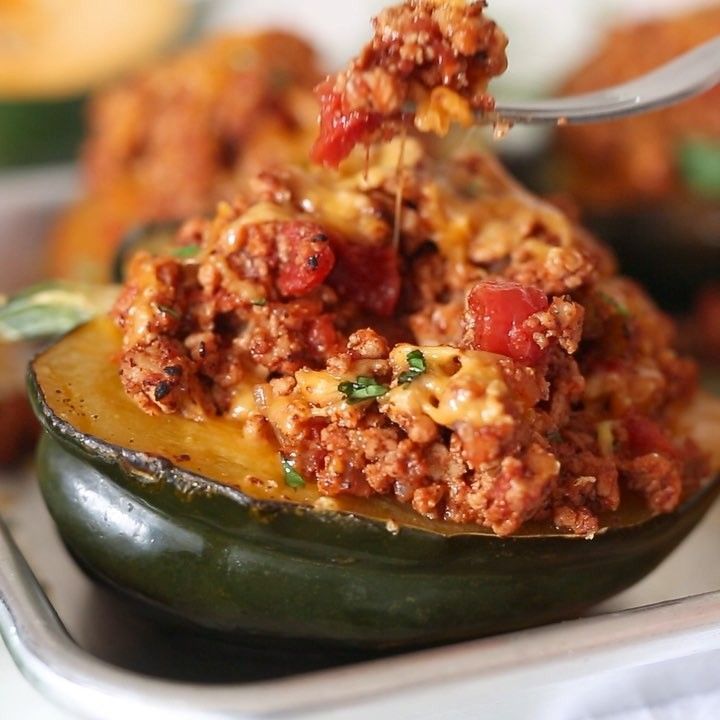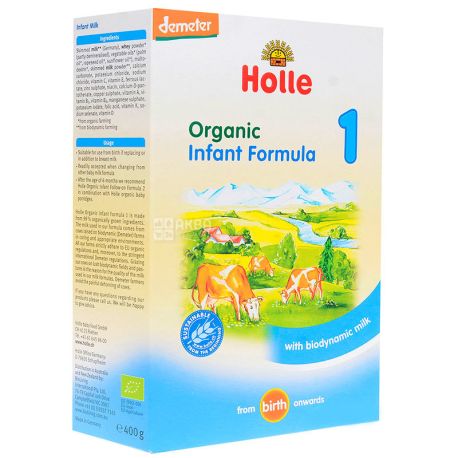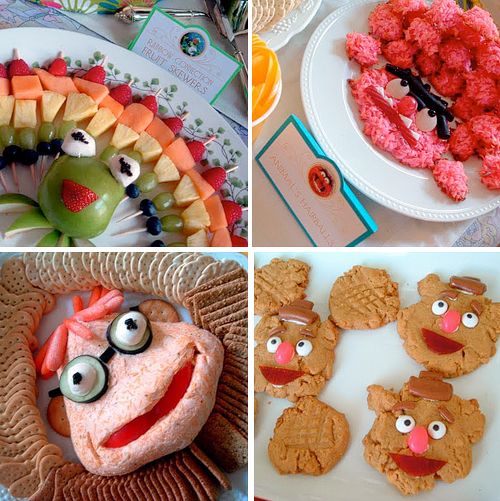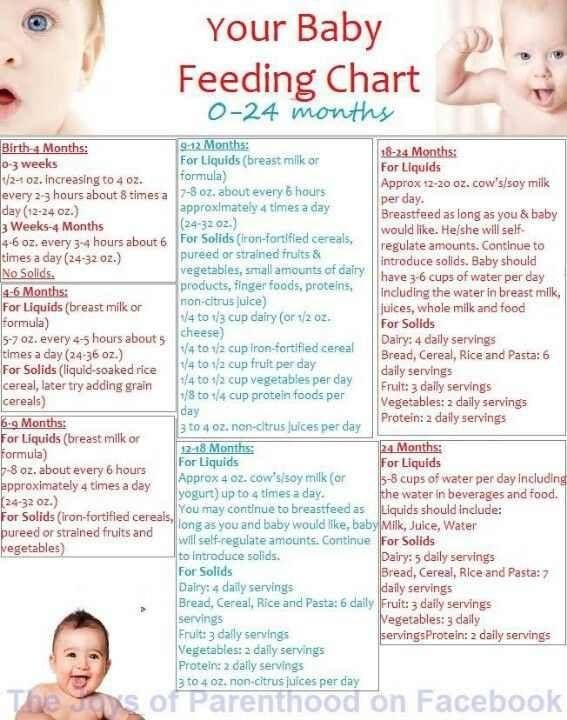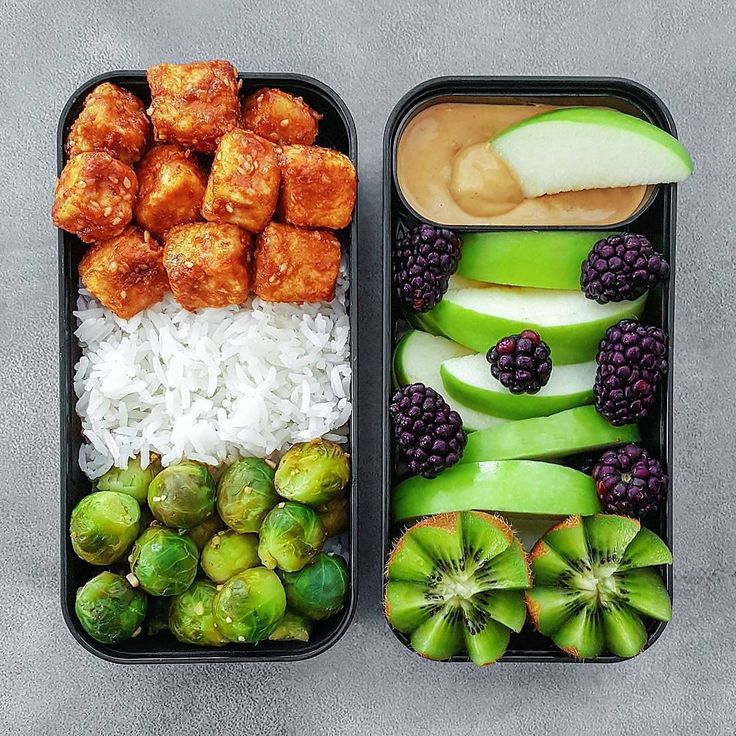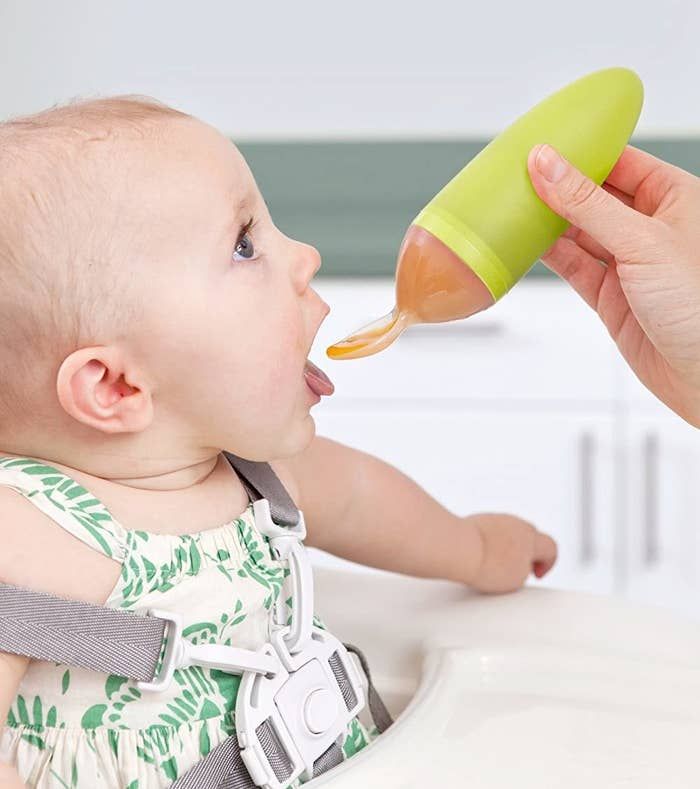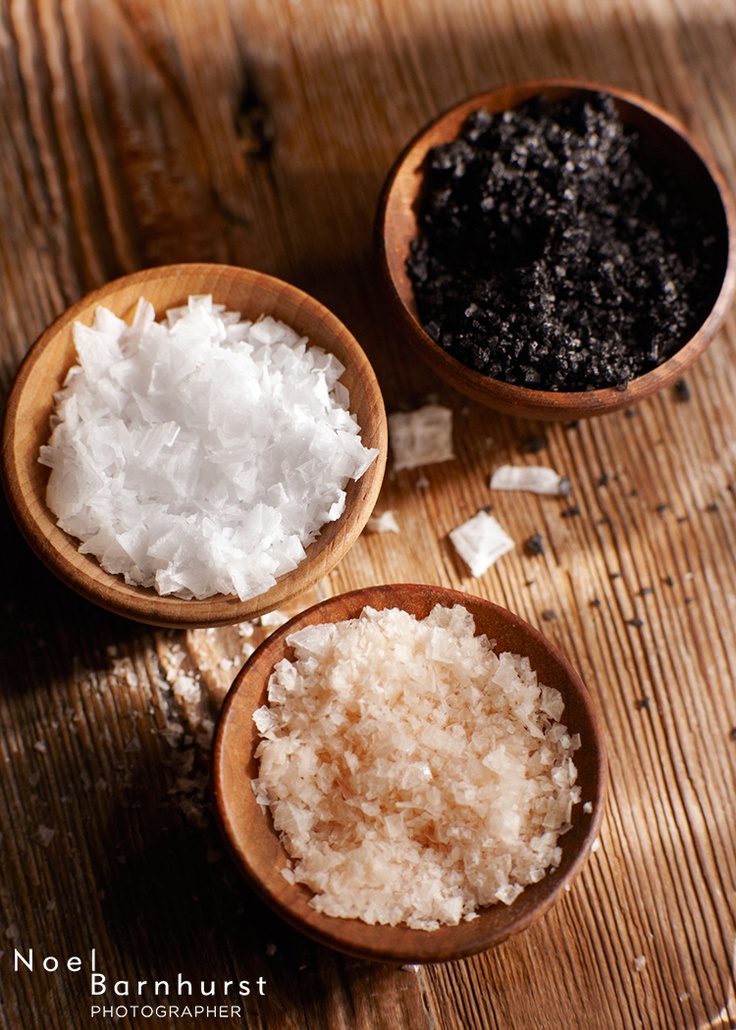What foods not to feed baby
Foods to avoid giving babies and young children
Salt
Babies should not eat much salt, as it's not good for their kidneys.
Do not add salt to your baby's food or cooking water, and do not use stock cubes or gravy, as they're often high in salt.
Remember this when you're cooking for the family if you plan to give the same food to your baby.
Avoid salty foods like:
- bacon
- sausages
- chips with added salt
- crackers
- crisps
- ready meals
- takeaways
Sugar
Your baby does not need sugar.
By avoiding sugary snacks and drinks (including fruit juice and other fruit drinks), you'll help prevent tooth decay.
Saturated fat
Do not give your child too many foods that are high in saturated fat, such as crisps, biscuits and cakes.
Checking the nutrition labels can help you choose foods that are lower in saturated fat.
See more on food labels.
Honey
Occasionally, honey contains bacteria that can produce toxins in a baby's intestines, leading to infant botulism, which is a very serious illness.
Do not give your child honey until they're over 1 year old. Honey is a sugar, so avoiding it will also help prevent tooth decay.
Whole nuts and peanuts
Whole nuts and peanuts should not be given to children under 5 years old, as they can choke on them.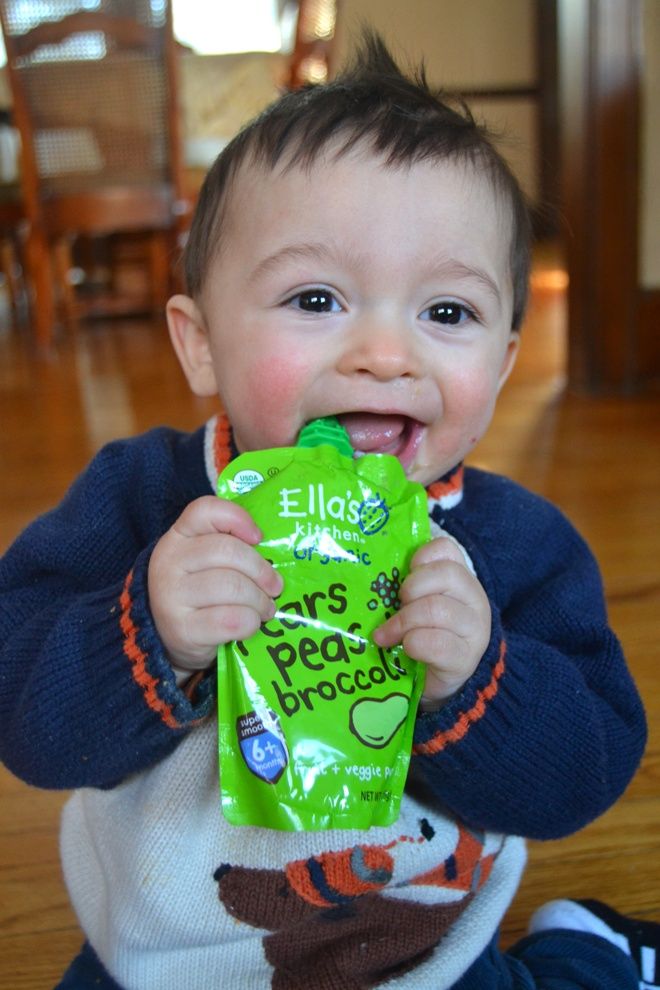
You can give your baby nuts and peanuts from around 6 months old, as long as they're crushed, ground or a smooth nut or peanut butter.
If there's a history of food allergies or other allergies in your family, talk to your GP or health visitor before introducing nuts and peanuts.
See more on food allergies in babies and young children.
Some cheeses
Cheese can form part of a healthy, balanced diet for babies and young children, and provides calcium, protein and vitamins.
Babies can eat pasteurised full-fat cheese from 6 months old. This includes hard cheeses, such as mild cheddar cheese, cottage cheese and cream cheese.
Babies and young children should not eat mould-ripened soft cheeses, such as brie or camembert, or ripened goats' milk cheese and soft blue-veined cheese, such as roquefort.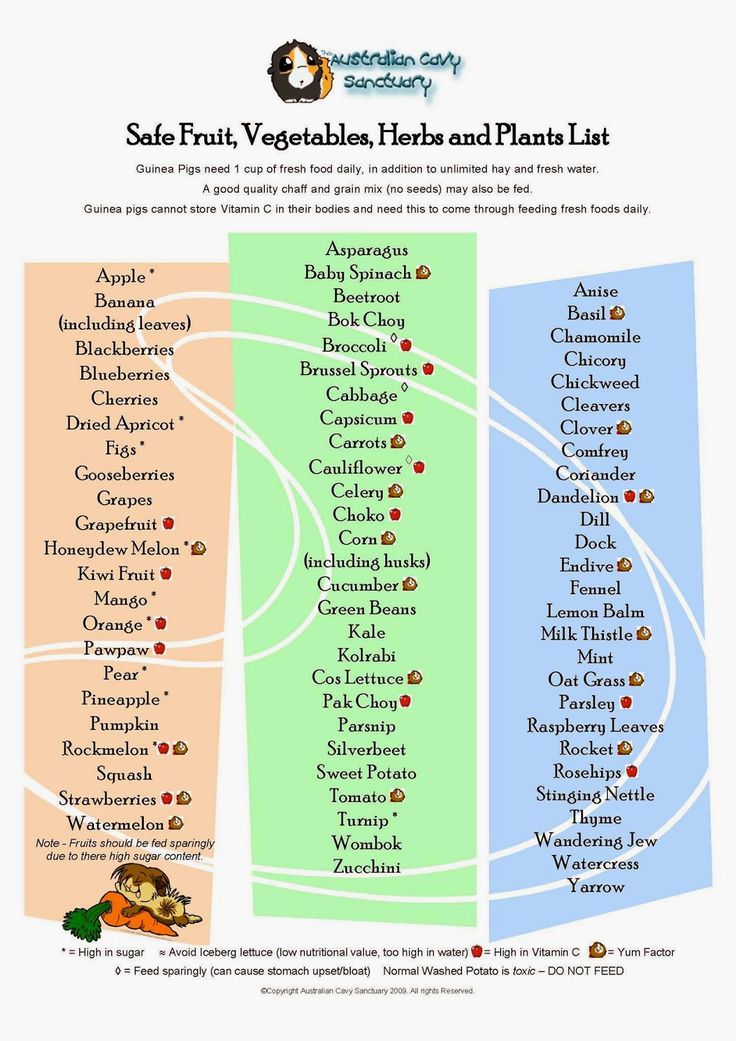 There's a higher risk that these cheeses might carry a bacteria called listeria.
There's a higher risk that these cheeses might carry a bacteria called listeria.
Many cheeses are made from unpasteurised milk. It's better to avoid these because of the risk of listeria.
You can check labels on cheeses to make sure they're made from pasteurised milk.
But these cheeses can be used as part of a cooked recipe as listeria is killed by cooking. Baked brie, for example, is a safer option.
Raw and lightly cooked eggs
Babies can have eggs from around 6 months.
If the eggs are hens' eggs and they have a red lion stamped on them, or you see a red lion with the words "British Lion Quality" on the box, it's fine for your baby to have them raw (for example, in homemade mayonnaise) or lightly cooked.
Hens' eggs that do not have the red lion mark should be cooked until both the white and yolk are solid.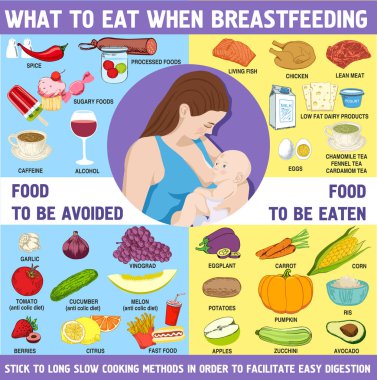 So should duck, goose or quail eggs.
So should duck, goose or quail eggs.
Avoid raw eggs, including uncooked cake mixture, homemade ice creams, homemade mayonnaise, or desserts that contain uncooked egg that you cannot confirm are red lion stamped.
Rice drinks
Children under 5 years old should not have rice drinks as a substitute for breast milk or infant formula (or cows' milk after 1 year old) as they may contain too much arsenic.
Arsenic is found naturally in the environment and can find its way into our food and water.
Rice tends to take up more arsenic than other grains, but this does not mean that you or your baby cannot eat rice.
In the UK, there are maximum levels of inorganic arsenic allowed in rice and rice products, and even stricter levels are set for foods intended for young children.
Do not worry if your child has already had rice drinks.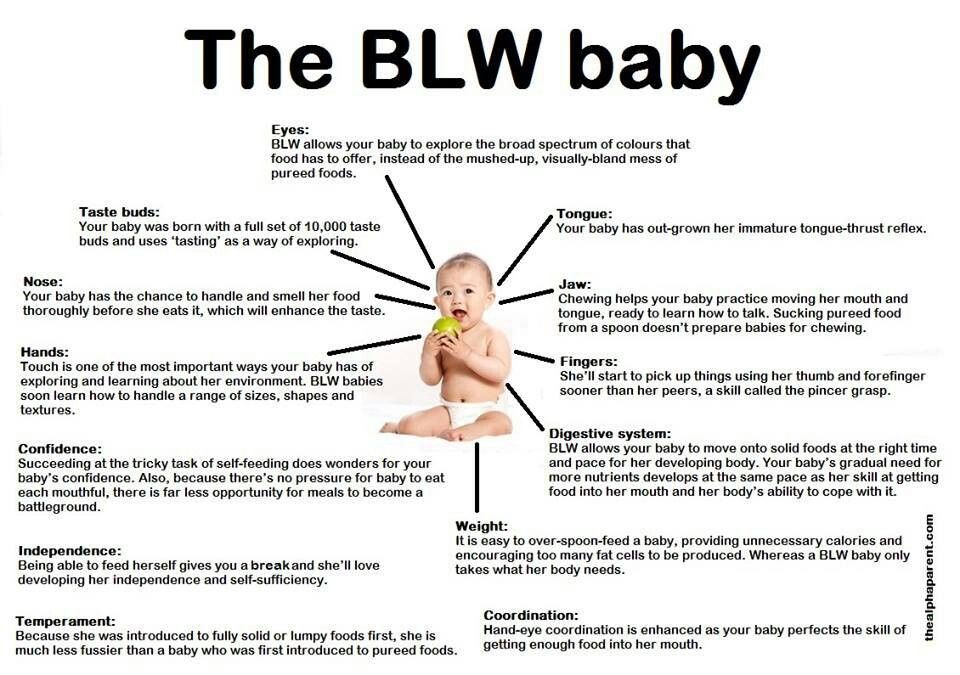 There's no immediate risk to them, but it's best to switch to a different kind of milk.
There's no immediate risk to them, but it's best to switch to a different kind of milk.
Raw jelly cubes
Raw jelly cubes can be a choking hazard for babies and young children.
If you're making jelly from raw jelly cubes, make sure you always follow the manufacturers' instructions.
Raw shellfish
Raw or lightly cooked shellfish, such as mussels, clams and oysters, can increase the risk of food poisoning, so it's best not to give it to babies.
Shark, swordfish and marlin
Do not give your baby shark, swordfish or marlin. The amount of mercury in these fish can affect the development of a baby's nervous system.
Further information
For more information and advice about babies and food, see:
- food allergies in babies and young children
- your baby's first solid foods
- baby and toddler meal ideas
Foods to Never Feed Your Baby (3 Months of Age to 1 Year)
According to the CDC, you can start introducing solid foods to your baby at around 6 months old.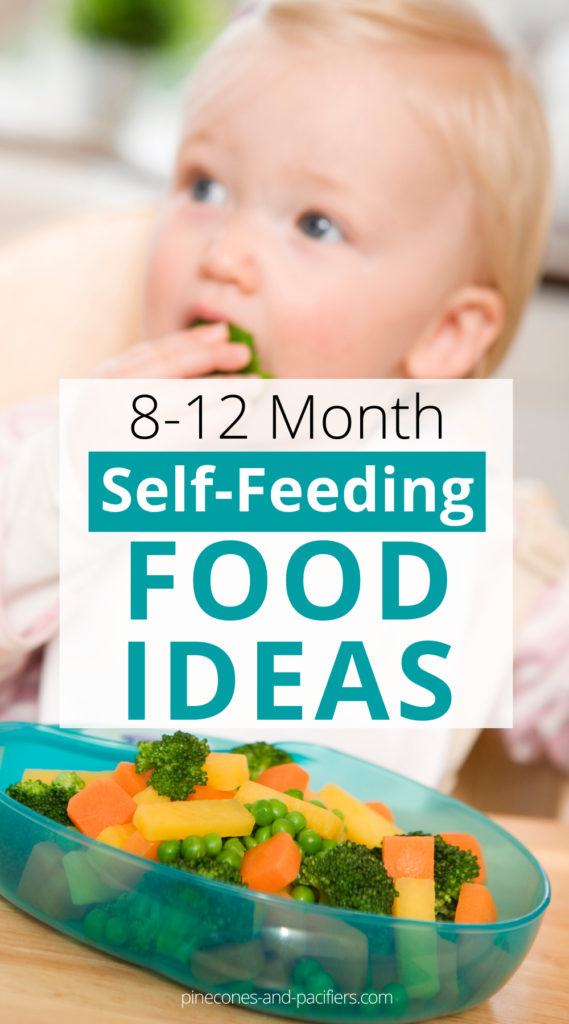 As long as they are receiving a balanced diet and a variety of nutrient-enriched foods, most vegetables, fruits, proteins, and grains. When it comes to more allergenic foods, it is best to introduce them after other baby-friendly foods. Always consult your pediatrician with concerns.
As long as they are receiving a balanced diet and a variety of nutrient-enriched foods, most vegetables, fruits, proteins, and grains. When it comes to more allergenic foods, it is best to introduce them after other baby-friendly foods. Always consult your pediatrician with concerns.
Growing babies soon start to show interest in trying new foods, and it's normal to want to introduce them to new tastes and textures. But not all foods are safe for your baby. Here is a list of foods you should avoid feeding your baby during the first year of growth.
More: Can You Eat Thanksgiving Turkey While Pregnant?
Pureed Foods vs Finger Foods
Babies are typically introduced to solid foods around six months of age. For newborns and babies less than six months old, solid foods may pose a choking hazard. So for young babies, many parents will turn to baby pureed foods. Pureed foods are softer than finger foods and easier on a baby’s digestive system. However, some parents turn to baby-led weaning which can also be a great option to introduce your little one to solid foods.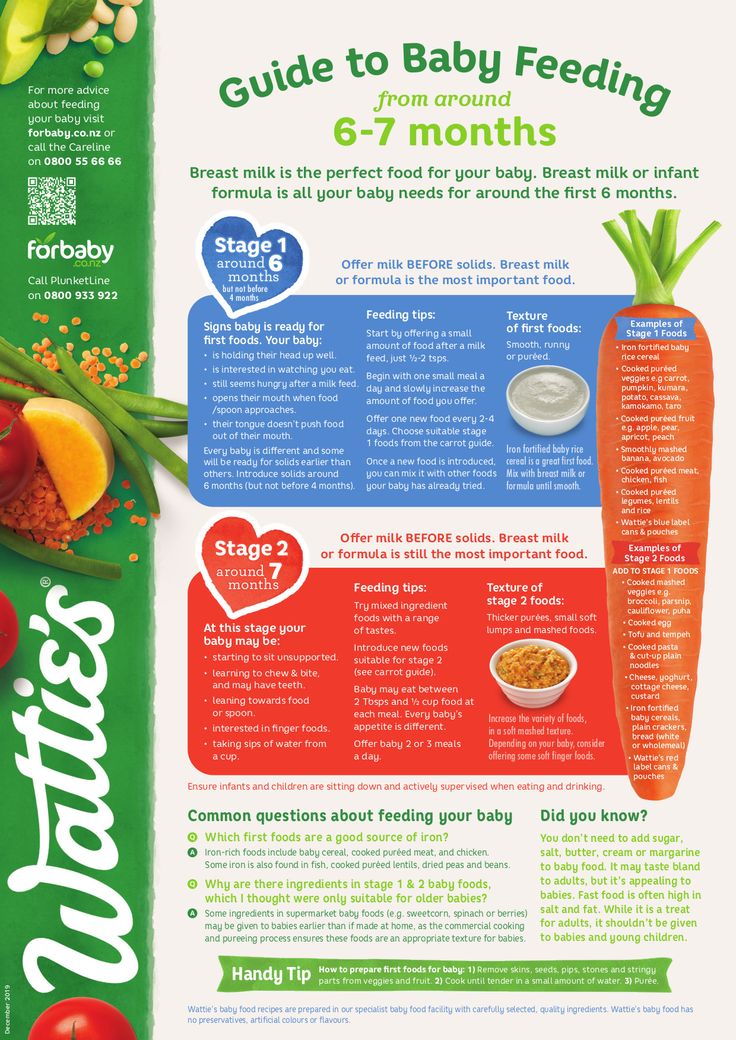
Honey
Infants under a year old should not be fed any form of honey (raw, baked, or cooked). Honey is bad for babies because it can harbor Clostridium botulinum, which can produce botulinum spores. These spores secrete toxins that can lead to muscle weakness, poor sucking, a weak cry, constipation, decreased muscle tone, and even paralysis in young infants. An infant's intestinal tract isn't strong enough to fight off these spores and toxins.
Infant botulism can be prevented by avoiding raw honey and avoiding contact with soil contaminated with the same C botulinum spores. This is rare and mostly found at agricultural sites in Utah, California, or Pennsylvania.
Cow's Milk
Stick to breast milk or formula until your child's first birthday. A child under the age of one can't digest the enzymes and proteins in cow's milk, and certain minerals in it can cause damage to your baby's kidneys. This is also true for certain dairy products such as cottage cheese.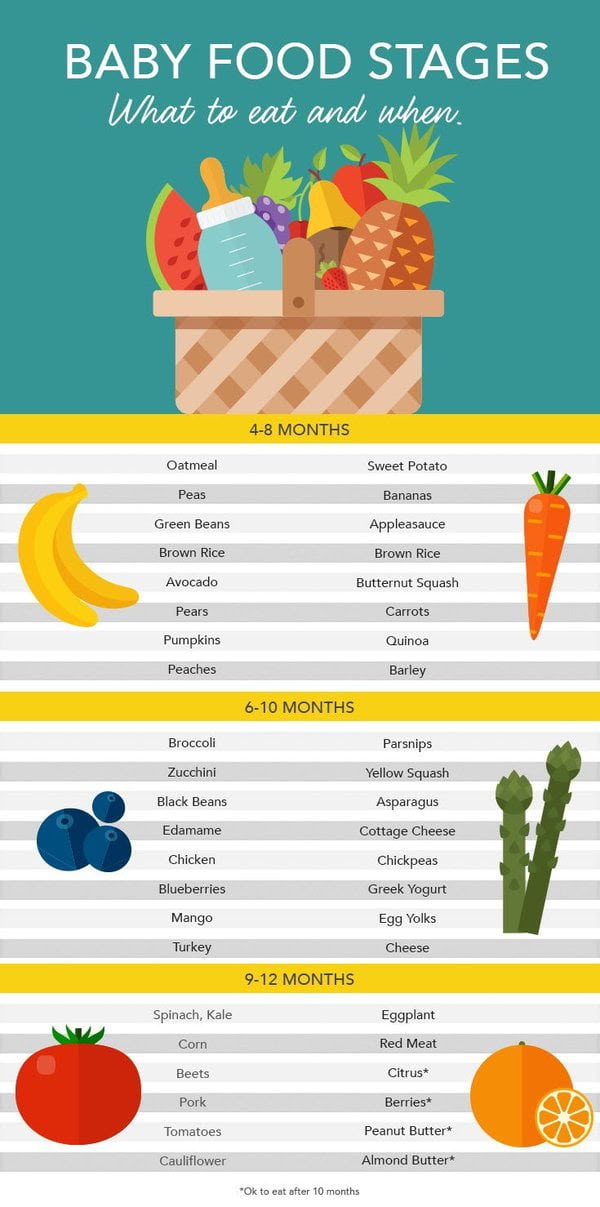 Also, unlike breast milk or formula, cow's milk doesn't provide all the proper nutrients for a growing infant. So if you are breastfeeding or if you are bottle feeding with breast milk or infant formula then keep doing so.
Also, unlike breast milk or formula, cow's milk doesn't provide all the proper nutrients for a growing infant. So if you are breastfeeding or if you are bottle feeding with breast milk or infant formula then keep doing so.
Egg Whites
Don't feed egg products to a child under the age of one, to avoid an allergic reaction or allergies in the future. While the proteins in egg yolks are seldom a source of allergens, the proteins in egg whites may cause allergic reactions. By the age of five, a child normally outgrows the potential for an allergic reaction to egg whites.
Citrus
Avoid feeding citrus fruits and juices to your baby for the first couple of months. These foods are high in Vitamin C and acid, which can cause an upset tummy and/or acid reflux in your baby. Remember, their digestive system is still developing.
Seafood/Shellfish
Another potential allergen for babies is seafood, and particularly shellfish. Talk to your pediatrician before feeding your baby boneless fish -- even tuna.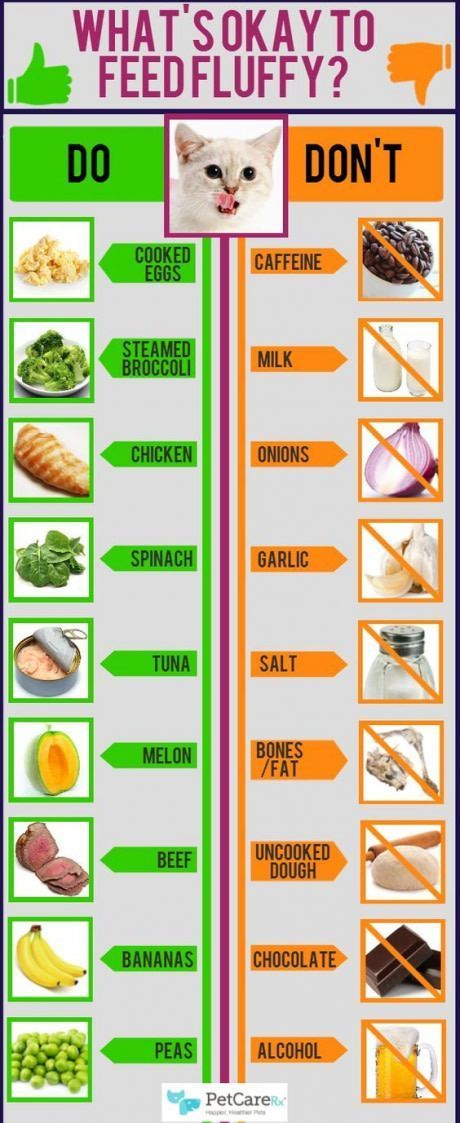 Do not give any sort of shellfish (such as shrimp, clams, swordfish, mackerel, or crabmeat) to your baby until it's been discussed.
Do not give any sort of shellfish (such as shrimp, clams, swordfish, mackerel, or crabmeat) to your baby until it's been discussed.
Wheat
Due to allergens in wheat, it is best to wait until your baby is one, two, or even three years old before introducing it into your baby's diet. If you have checked with your pediatrician and are sure that your baby hasn't had an allergic reaction to rice, oats, or barley, you may try introducing wheat at the age of eight or nine months.
Large Chunks of Food
It is widely recommended that you feed your child breast milk or formula for the first four to six months. Once you start baby on solids, pea-sized foods are safest, to prevent choking. Make sure that vegetables are diced and cooked up soft, and cut fruits into quarters to avoid them getting stuck in your child's throat. Meats and cheese should also be cut into very small pieces or shredded.
Soft, Sticky Foods
While most soft foods are good for young babies, some soft foods should be avoided.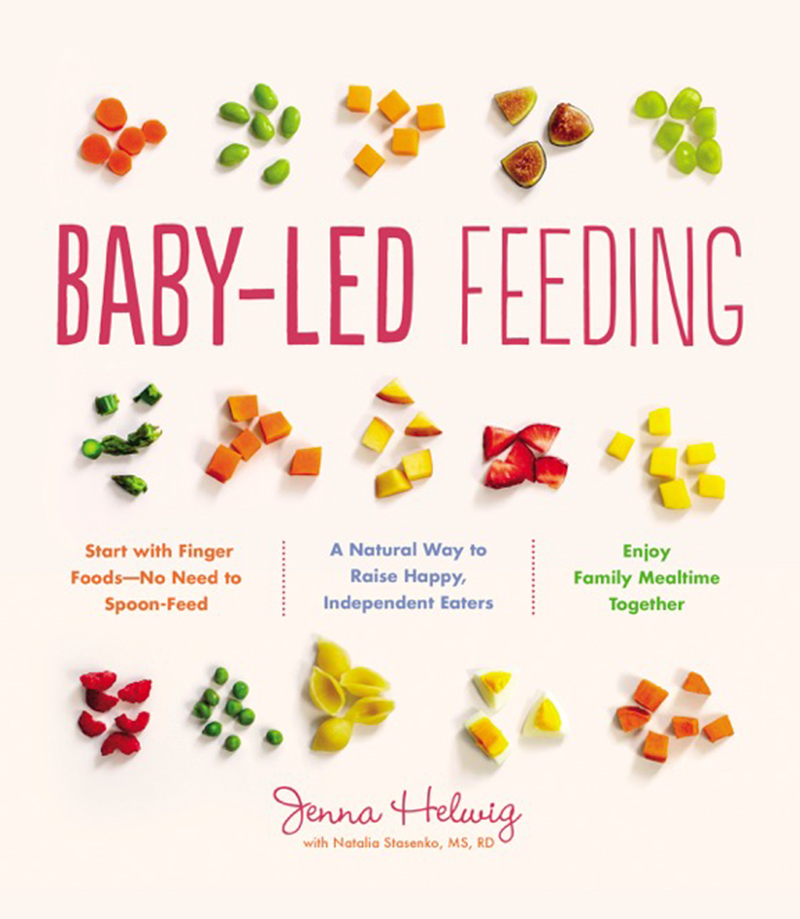 Sticky foods like jellies and marshmallows should not be fed to a baby before six months as these foods can get stuck in a baby’s throat and block the child’s airway.
Sticky foods like jellies and marshmallows should not be fed to a baby before six months as these foods can get stuck in a baby’s throat and block the child’s airway.
Small, Hard Foods
Foods like whole nuts, popcorn, whole grapes, raw vegetables, raisins, candies, dried fruits, seeds, or any other small, hard food should not be given to a baby. They are all choking hazards and can easily become lodged in your baby's throat. Any food you give your baby should be diced into small bits and cooked until soft.
Fruits
Below is some insight on certain fruits that many parents have questions about feeding their baby.
- Strawberries and raspberries: Many berries are packed with vitamin C and are good for babies and young children. The American Academy of Pediatrics that you hold off introducing these fruits until after they have tried other solids first.
- Pineapple: Pineapple is considered a safe food for your baby to eat. However, it is a firm fruit and should be sliced into thin strips since it can be a choking hazard when cubed.
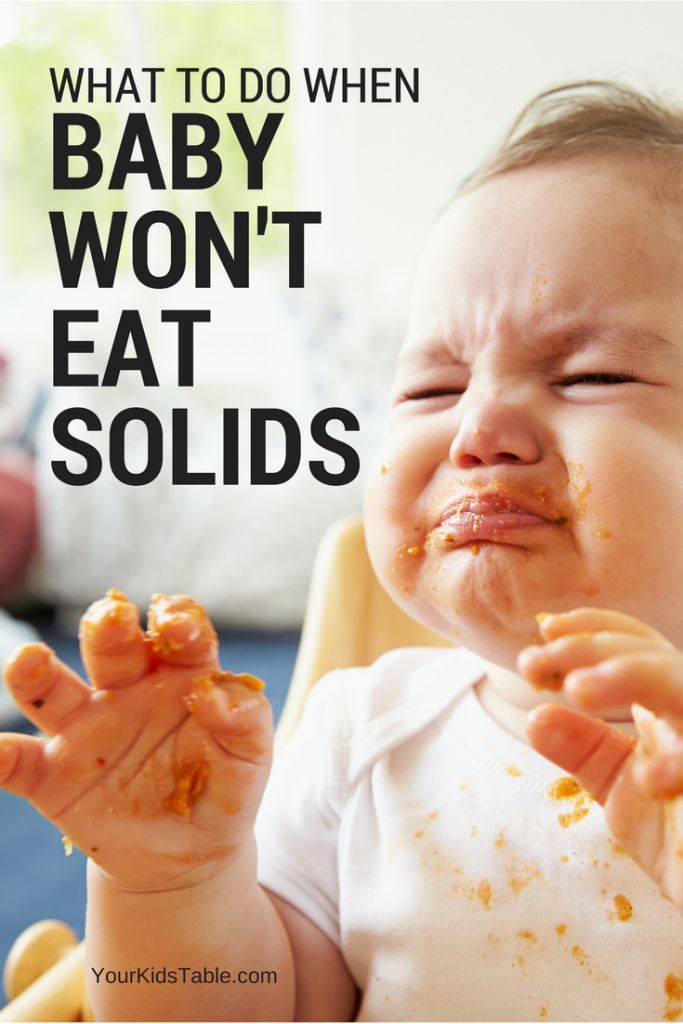
- Melon: Watermelon is a good example of a first fruit you can offer to your baby. It is soft, easy to chew, and full of vitamins. It is made up of mostly water so it is also great for hydration.
- Papaya: This is a superfood that is super healthy and great for your baby. The recommendation is to wait to introduce it to your little one until they are 7 or 8 months old.
Vegetables
Vegetables are healthy options for kids, but when is the right age for babies to start eating their veggies? Here is a list of veggies and produce that parents have questions about. You can find below whether or not they are safe to give to your baby.
- Spinach: Believe it or not, raw spinach is full of nitrates. This is not to be confused with synthetic nitrates but is still not good to give much to little ones. It is recommended that if you give them spinach, make sure it is cooked and pureed.
- Lettuce: This can be hard for your baby to chew, so it's best to wait until they are between 9 months and 1 year old.
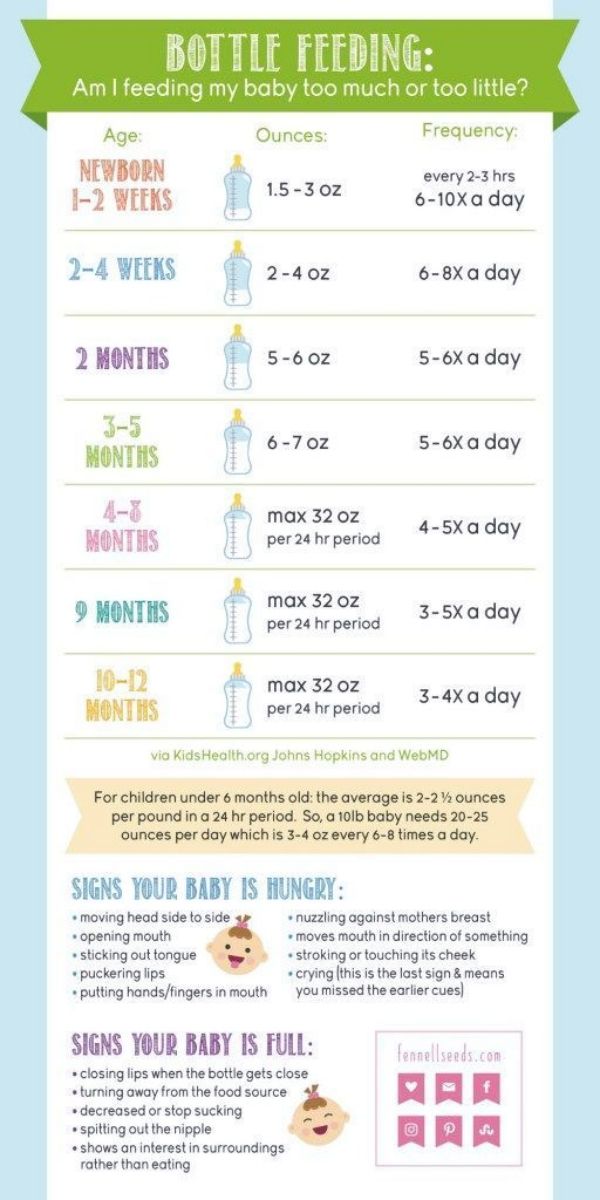
- Peas: Green peas are a great starter food. They are easy to pick up, offer a new texture, are small enough to avoid choking and can be pureed.
- Onions: Many parents add cooked onions to homemade baby food. They are full of vitamin C and can be introduced between 6 and 8 months old.
- Garlic: If you cook frequently then you know that garlic can add a whole new flavor to certain foods. You can cook down and add a small amount to your baby's food between 6 and 8 months old.
- Sweet Potatoes: This is another great first solid. Soft, cooked sweet potato cut into chunks is perfect for a 6-month-old.
- Potatoes: These are considered starchy vegetables so even though they are safe to give to your baby, you will want to do it in moderation.
Meats
Introducing meat to your baby's diet can happen after starting solids, which is usually around 6 months. Poultry and lean beef are fine to give your little one in small amounts. Below are two types of meat that should be avoided.
- Hotdogs: Hotdogs are a choking hazard. It is not recommended to give them to young children under 4 years of age. When they are old enough, they can be thinly sliced or minced.
- Bacon: It is best to wait until after your baby's first birthday to give them any bacon. It is full of synthetic nitrates and possible carcinogens. It is generally considered unhealthy and should be offered rarely.
Fruit Juice
Most juices are full of added sugar. Since babies are generally still drinking from bottles under 1 year old, it is not advisable to put fruit juice in them. It is known to cause tooth decay. Offer your baby a little water after 6 months if you are looking to give them something besides breast milk or infant formula.
What About Peanut Butter?
Experts previously believed that introducing peanut butter or any sort of nut product at an early age could lead to nut allergies.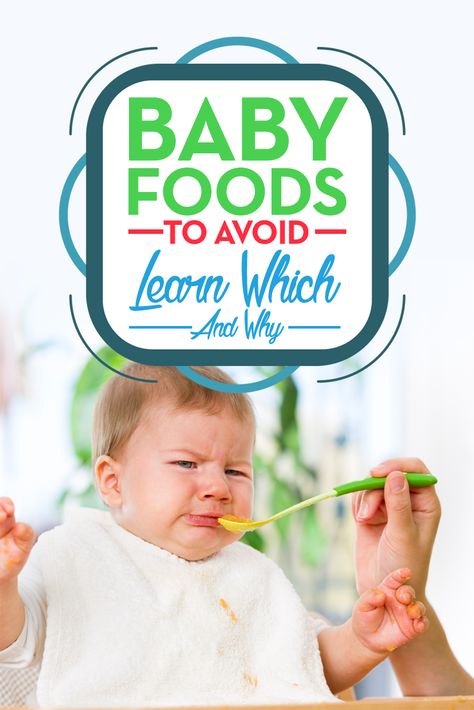 Times have changed and many pediatricians encourage the introduction of peanut butter to children between 6 and 8 months after they have tried a few solid foods with no issues. The AAP recommends talking with your pediatrician about introducing nut products to your baby, once he is eating solid foods. If your baby doesn't have any food allergies or risk factors, your doctor will probably advise feeding him a thin layer of creamy (not chunky) peanut butter on a cracker or bread, or foods that have peanut butter in them. Never give whole peanuts or nut pieces to a child under age 4 because of the choking risk.
Times have changed and many pediatricians encourage the introduction of peanut butter to children between 6 and 8 months after they have tried a few solid foods with no issues. The AAP recommends talking with your pediatrician about introducing nut products to your baby, once he is eating solid foods. If your baby doesn't have any food allergies or risk factors, your doctor will probably advise feeding him a thin layer of creamy (not chunky) peanut butter on a cracker or bread, or foods that have peanut butter in them. Never give whole peanuts or nut pieces to a child under age 4 because of the choking risk.
If your child is at high risk for a peanut allergy or other food allergies (because of family history or if he has an existing food allergy or eczema), your doctor might recommend doing allergy testing before introducing nut products or feeding your child nut products at the doctor's office in case of an allergic reaction.
What can and cannot be given to children from food
What foods should not be fed to a child
A well-fed and contented baby is a sight that warms a mother's heart. But not all means are good to achieve this goal. What foods should not be fed to a child and why? Let's figure it out together.
But not all means are good to achieve this goal. What foods should not be fed to a child and why? Let's figure it out together.
Unhealthy milk
With the question of what foods are not allowed for children under one year old, everything is simple. And yet, some compassionate parents try to give their babies whole milk to drink, firmly believing in its miraculous properties. The trouble is that many nutrients are still beyond the power of the baby's digestive system. A heavy protein can actually seriously harm the kidneys. In addition, whole milk is teeming with dangerous bacteria and can provoke allergies.
Sea delicacies
What foods are not allowed for children under 3 years of age? Under a strict ban - any seafood. For all their benefits, shellfish are the strongest allergens. It is worth considering that they actively absorb toxic substances from the water in which they splash. The same applies to marine varieties of fish. Therefore, it is better to postpone the acquaintance of children with the inhabitants of the underwater kingdom until at least 5-6 years old.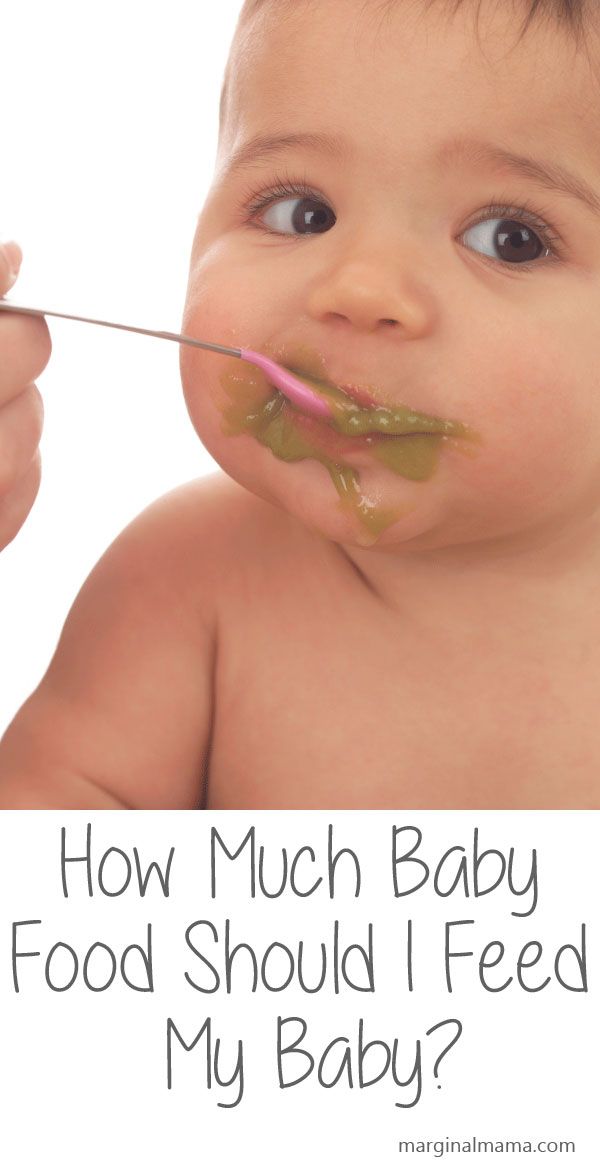 Until then, you can replace them with ready-made baby food.
Until then, you can replace them with ready-made baby food.
Meat taboo
What foods are not allowed for children under 5 years of age? Pediatricians advise to remove sausages, smoked meats and meat delicacies away. The main danger lurking in them is a huge amount of salt. It interferes with the absorption of calcium, which is vital for a fragile child's body. In addition, salt increases the load on the circulatory system. If you do not monitor its consumption, it will lead to heart problems, and at an older age - to hypertension.
Exotic fruits
Exotic fruits can also harm a child's body. Mango, papaya, pomelo and similar fruits can cause food poisoning and severe allergies in children. It is better to know their taste from homeopathic doses - it is easier to track the reaction of the body. Be careful with melon and grapes. These fruits cause increased gas formation and overload the pancreas.
Nut Ban
What are the most common food allergies in children? Topping the blacklist is peanuts. The reaction to it can be very painful, up to suffocation, vomiting and loss of consciousness. Do not forget that nuts are extremely nutritious food, rich in saturated fats. It is not easy for a child's body to cope with them. Moreover, babies do not chew food well and can choke on pieces of nuts or damage their mucous membranes.
The reaction to it can be very painful, up to suffocation, vomiting and loss of consciousness. Do not forget that nuts are extremely nutritious food, rich in saturated fats. It is not easy for a child's body to cope with them. Moreover, babies do not chew food well and can choke on pieces of nuts or damage their mucous membranes.
Beware: chocolate
Chocolate is not a hypoallergenic product for children, quite the contrary. In addition, theobromine contained in it spurs the nervous system, causing anxiety, absent-mindedness and insomnia. Fats for babies are also unnecessarily, and for the stomach this is a real test. Often in chocolate you can find the notorious palm oil. In fairness, it should be noted that milk chocolate is the most harmless sweetness. But giving it to children before 5-6 years is not worth it.
Dangerous sweets
It would seem that cakes, cookies, waffles and other delicacies are products created for children. By definition, they must be safe.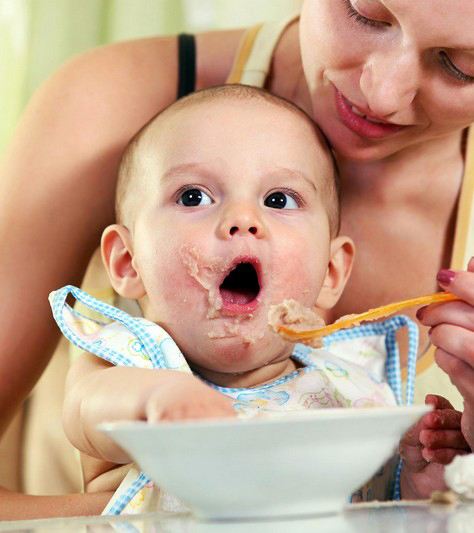 But it was not there. The abundance of simple carbohydrates and sugars makes them the main culprits of a number of diseases, from caries to obesity. And this is without taking into account the harmful artificial additives that many manufacturers use. Therefore, factory sweets should appear in your home as little as possible.
But it was not there. The abundance of simple carbohydrates and sugars makes them the main culprits of a number of diseases, from caries to obesity. And this is without taking into account the harmful artificial additives that many manufacturers use. Therefore, factory sweets should appear in your home as little as possible.
Cold threat
Many parents think that ice cream is a healthy product for children. However, it is it that is included in the rating of the most common allergen products. If the baby has lactose intolerance, it is better to refuse it. Flavor enhancers, dyes and other far from harmless "magic" additives are also present in the composition of ice cream. Do not forget that this cold dessert is a common cause of summer colds.
Fast and harmful
Chips, crackers, sweet corn are foods that are harmful to children at any age. Surprisingly, some parents have to be reminded of this. All this fast food is stuffed with very dubious additives that systematically undermine children's health.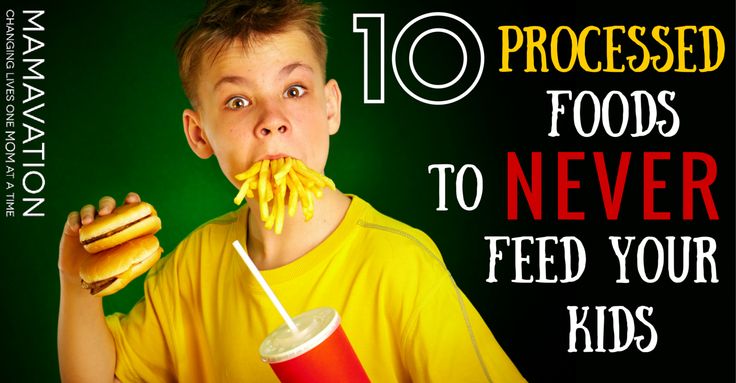 Even a small portion of such a "delicacy" contains a huge amount of calories. And this is the first step towards obesity, heart disease and joint disease from an early age.
Even a small portion of such a "delicacy" contains a huge amount of calories. And this is the first step towards obesity, heart disease and joint disease from an early age.
Gas attack
The same can be said about sweet soda. On average, a liter of such a drink contains 25-30 teaspoons of sugar. It does not do without carbohydrate dioxide. This substance causes bloating of the stomach and irritates the mucous membrane, which often leads to gastritis and ulcers. They also add caffeine to soda. This is dangerous not only with increased excitability, but also with pressure drops, headaches and nausea. Of course, it is pointless to look for vitamins in this product for children.
It is, of course, up to you to decide what is and is not allowed for children. It is not forbidden to pamper your beloved child with something tasty. But the most reliable way to do this is to cook something tasty and healthy with your own hands.
What foods should be present in the child's diet and what food supplements can replace what he refuses to eat?
August 2, 2019
May 5, 2020
3 minutes
2371
ProWellness
Contents
- Meat
- Dairy
- Fish
Disclaimer
Please note that all information posted on the site Prowellness is provided for informational purposes only and is not a personal program, a direct recommendation for action, or medical advice.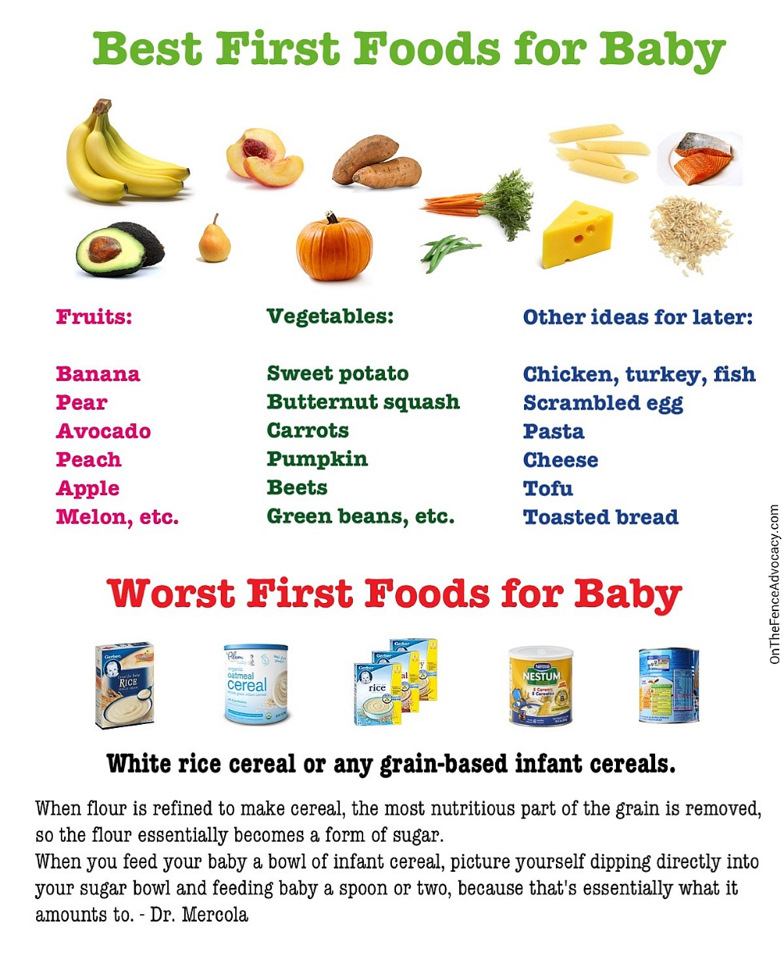 Do not use these materials for diagnosis, treatment, or any medical procedure. Consult your physician before using any technique or using any product. This site is not a specialized medical portal and does not replace the professional advice of a specialist. The Site Owner is not liable to any party who has suffered indirect or direct damage as a result of misuse of materials posted on this resource.
Do not use these materials for diagnosis, treatment, or any medical procedure. Consult your physician before using any technique or using any product. This site is not a specialized medical portal and does not replace the professional advice of a specialist. The Site Owner is not liable to any party who has suffered indirect or direct damage as a result of misuse of materials posted on this resource.
What foods should be present in the child's diet and what food supplements can replace what he refuses to eat?
The ideal portion of food for a child should consist of fresh vegetables, fruits, whole grain cereals, protein foods and a glass of milk. But in life, a plate often has a pile of pasta, a sausage and a few slices of cucumber, which will remain on it.
Few parents can boast that their children eat a balanced diet every day. The rest are forced to force a picky eater to eat at least two tablespoons of porridge or a chicken leg, on which, you see, a piece of disgusting skin remains.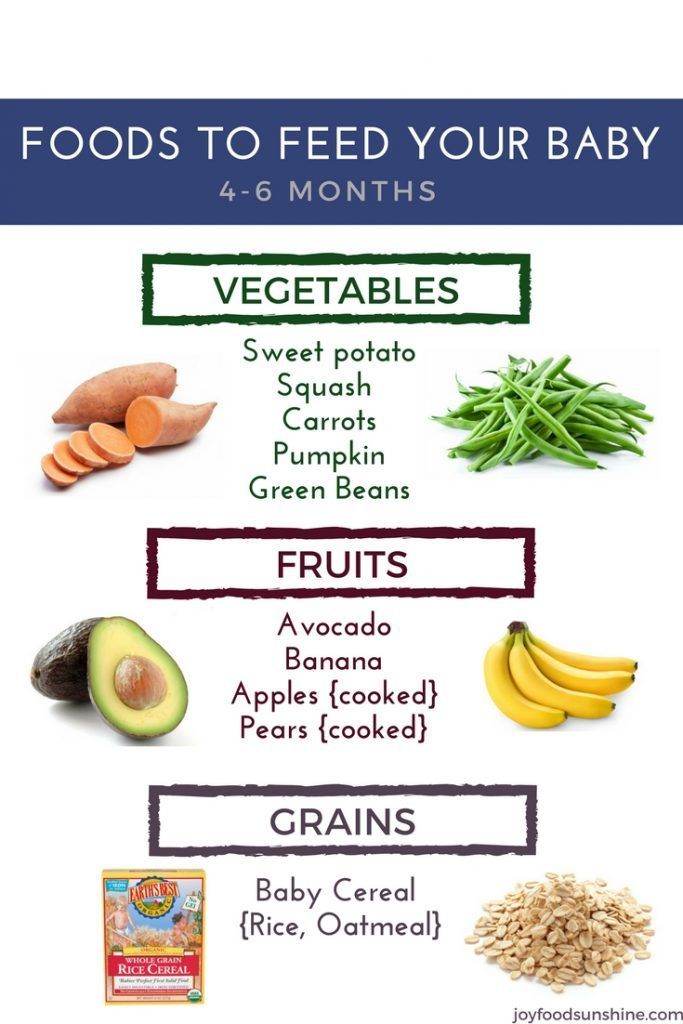
What foods must be given to the child? And what to feed him if he flatly refuses food containing nutrients important for his health?
Meat
Most children under one year avoid meat, but teenagers are no exception. Many of them drink milk, eat cereals and even cottage cheese, but do not like cutlets and chops.
Attention! Lean meat should be on the menu for people of all ages. According to the rules of pediatrics, its introduction into the diet of an infant as complementary foods should begin from 8 months, immediately after the baby is introduced to vegetables, fruits and cereals.
Meat is the main source of animal proteins, iron and B vitamins. Iron deficiency affects muscle development and red blood cell formation. And B vitamins are needed for the full development and functioning of the nervous system.
Beans, leafy greens, peanuts, cereals, as well as nutritional supplements and children's multivitamins with iron, can help to fill the lack of these nutrients.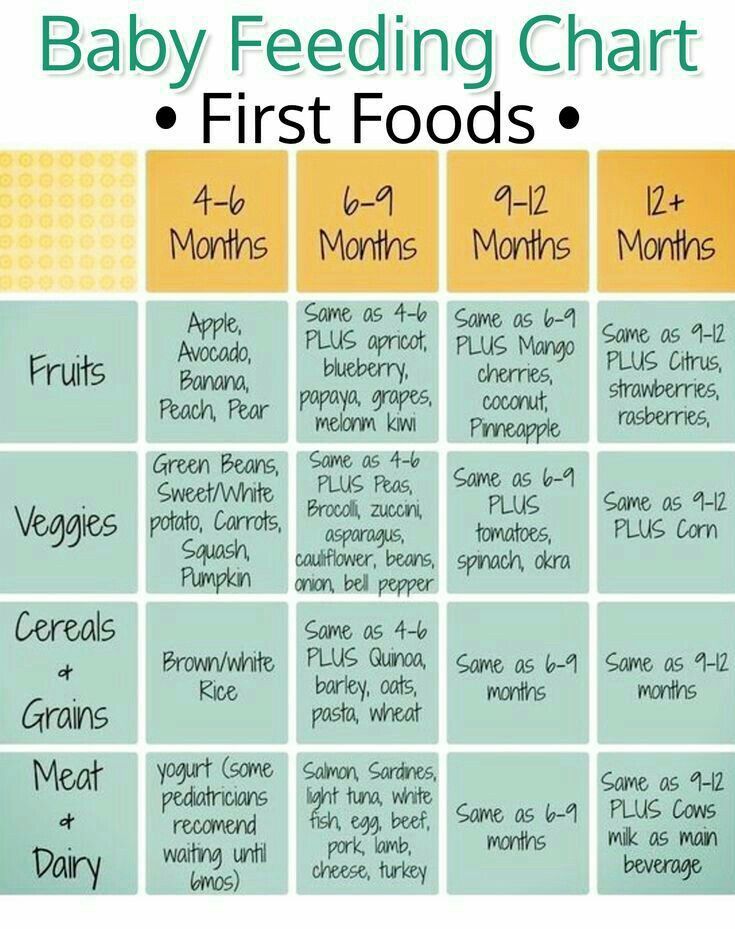
Dairy products
Milk is one of the healthiest foods for children. It is a major source of calcium and vitamin D.
These nutrients are essential for maintaining healthy teeth and bones. Their deficiency can lead to muscle weakness and stunted growth.
What foods and supplements to feed the baby if he refuses milk:
- salmon;
- sardines;
- nuts;
- cheese;
- eggs;
- fortified orange juice;
- calcium preparations with vitamin D.
Attention! By the way, milk formulas do not contain the required amount of vitamin D, so sometimes pediatricians recommend introducing special supplements into the diet of formula-fed infants.
Fish
Many children can't stand fish - a valuable source of iodine, protein, omega-3 and 6 fatty acids, calcium, phosphorus.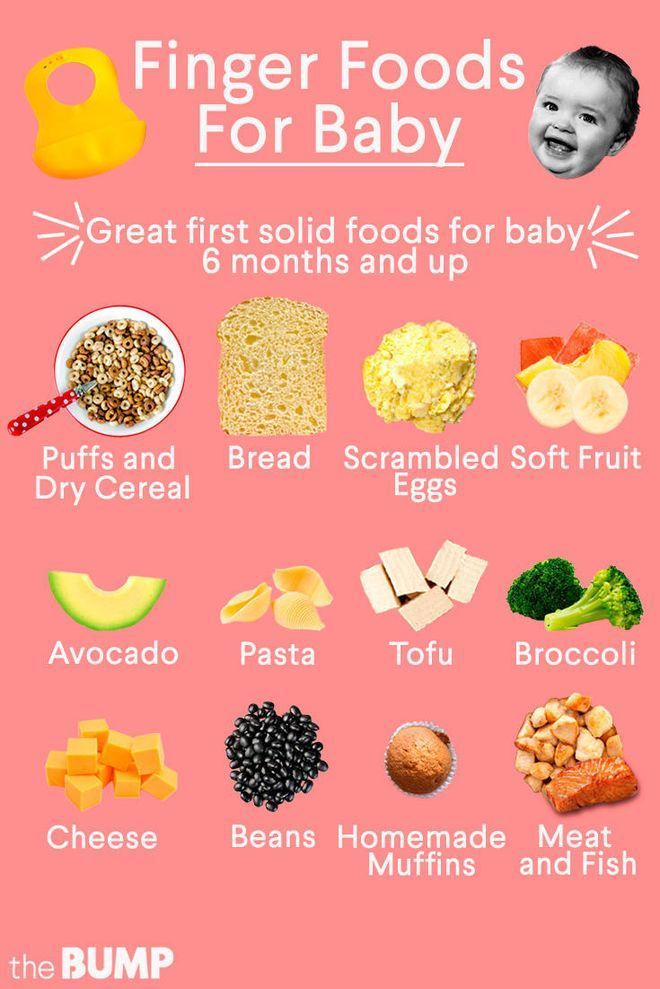 If the child is over 7 years old, you can replace fish dishes with seafood. For babies, it is better to choose safer "analogues".
If the child is over 7 years old, you can replace fish dishes with seafood. For babies, it is better to choose safer "analogues".
What to feed a child if he does not eat fish:
- The lack of proteins can be filled with meat, dairy and sour-milk products.
- Iodine - iodized salt.
- Calcium and phosphorus - eggs and cheeses.
- Unsaturated fatty acids - fish oil, olive oil.
Try to feed your baby only natural foods. Add nutritional supplements to the child's diet only if necessary and only after prior consultation with the pediatrician.
Disclaimer
Please note that all information posted on the site Prowellness is provided for informational purposes only and is not a personal program, a direct recommendation for action, or medical advice. Do not use these materials for diagnosis, treatment, or any medical procedure.